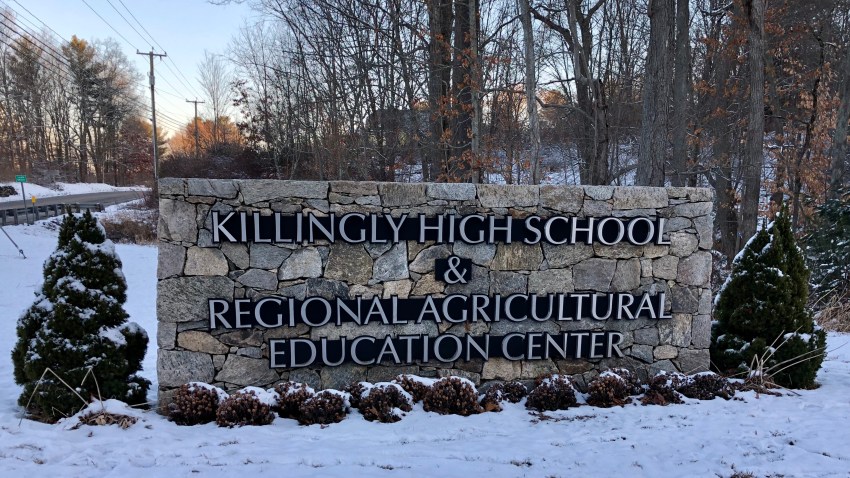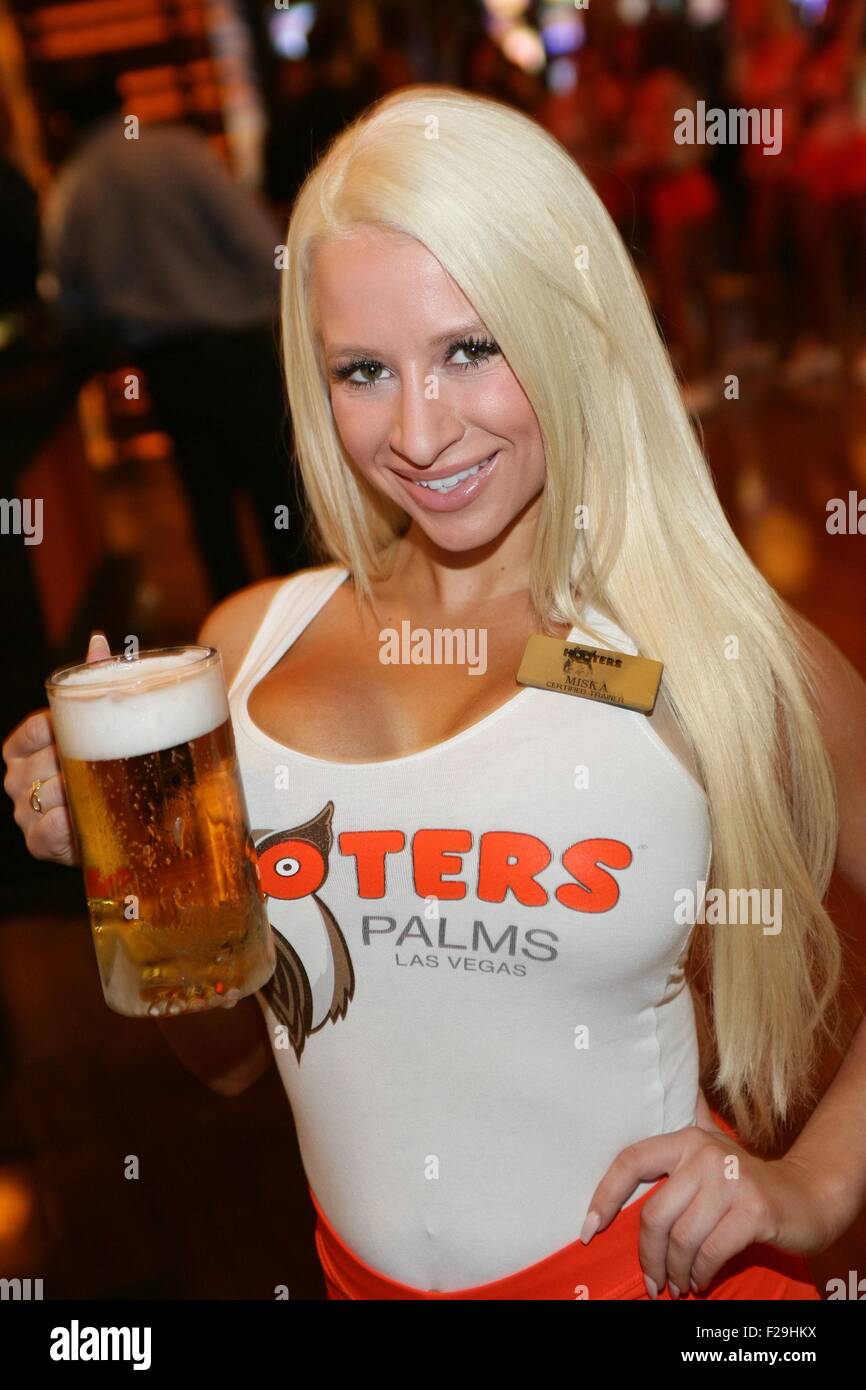Third Casino In Connecticut
Third Connecticut casino to open in East Windsor
Connecticut is well underway with regard to its plans for opening a 3rd casino, however the location for that casino has yet to be determined. State legislators are currently hearing pitches from potential operators in an attempt to decipher the best, most strategic location for this new site. The location of the casino is an. The third casino under discussion would be the first gaming facility outside tribal lands in the state and was proposed as a measure to protect jobs and retain gaming revenue within the state. Late last week MMCT eliminated three of the five locations being considered for the casino, rejecting bids from East Hartford, South Windsorand Hartford.
Nadrina Ebrahimi
Two Native American nations that have joined forces to build Connecticut’s third casino announced on Feb. 27 that they have selected East Windsor as the site of their new project.
The Mashantucket Pequot and the Mohegan tribes hope that the new casino, which will be a 15-minute drive from the MGM Springfield casino in Massachusetts, will protect Connecticut’s gaming revenue and keep casino jobs in the state. The Springfield MGM is slated to open in spring 2018.

“Do I think that it means that more gaming would remain in Connecticut as opposed to being transported to Massachusetts?” Gov. Dannel Malloy said in a press release on Wednesday. “The answer is yes and therefore there are more jobs connected to that.”
Representatives of the Mashantucket Pequot and Mohegan Tribes spoke at the state capitol in Hartford Thursday morning. EAST WINDSOR - The Mashantucket Pequot and Mohegan tribes are proposing a third casino to the state of Connecticut and East Windsor is listed as a potential destination.
But before construction on the casino moves forward, the state Legislature must approve a proposal for the project. The bill, which was presented to the Public Safety and Security Committee by state Sen. Catherine Osten, D-Norwich, was discussed in an informational forum on Feb. 23 and is on the agenda for a public hearing in the state Legislature on March 9.
If the bill passes in the Public Safety and Security Committee, it will then be heard by the entire legislature. If approved there, ground on the new site can be broken as early as this coming summer.
The tribes negotiated with towns independently to decide where to build, and the Connecticut Legislature did not participate in the decision. As a result, some state lawmakers are upset by the location.

State Rep. Christopher Rosario, D-Bridgeport, called the selection process “secretive” and said Fairfield County would have been a better location because of its proximity to New York City. He also emphasized the need for jobs in Bridgeport.

“Bridgeport has one of the highest unemployment rates in the state, especially in terms of people of color,” Rosario said. “To completely leave Bridgeport out of the question when discussing jobs and creating jobs is a total mistake.”
The casino is projected to generate $8.5 million in taxes for East Windsor every year, which would constitute 18 percent of the town’s entire tax revenue. In negotiating with the casino planners, the town’s Board of Selectmen agreed to the proposal with unanimous and bipartisan support.
Under the terms of the agreement, the casino will also pay a portion of its revenue as taxes to the state, but that portion has yet to be determined by the state Legislature. Connecticut’s two existing casinos pay 25 percent of revenues in taxes.
MGM has been in strong opposition to a new Connecticut casino for months. In a statement at the Feb. 23 informational forum, Uri Clinton, MGM Resorts International’s senior vice president and legal counsel, claimed that operating a competing casino on nontribal land would violate existing compacts between Connecticut and the two tribes.
Malloy is aware of the legal concerns surrounding the proposal and has asked the state attorney general for his opinion on the matter. According to an opinion from the Office of Indian Gaming, an authority in tribal-state gaming compacts, building a casino in East Windsor would not violate any existing agreements.
In his press release, Malloy suggested that the opposition stems from MGM’s desire to curb competition.
“Gosh, people in Massachusetts don’t want a third casino in Connecticut — it really is remarkable — and I think I know why,” Malloy said. “It’s the same reason they wanted casinos in Massachusetts, right? They would like to take a substantial portion of the marketplace in Connecticut.”

A spokesman for the Connecticut casino’s developers, Andrew Doba, said that by MGM’s own estimates, Connecticut would lose about 9,600 jobs with the opening of the Springfield location just 5 miles from the Connecticut border. The opening of a casino in East Windsor could save roughly half of those jobs, Doba said.
Further, the East Windsor developers said at the informational forum that Connecticut will lose $68.3 million in tax dollars and $337 million in total revenue once the MGM Springfield opens — a loss that would be offset by the East Windsor casino.

Third Casino In Connecticut Near
“The biggest beneficiary by far is the employees and the state,” Doba said.
Third Casino In Connecticut 2020
Foxwoods Resort Casino in Mashantucket is operated by the Mashantucket Pequot Tribe, and Mohegan Sun in Uncasville is run by the Mohegan Tribe.